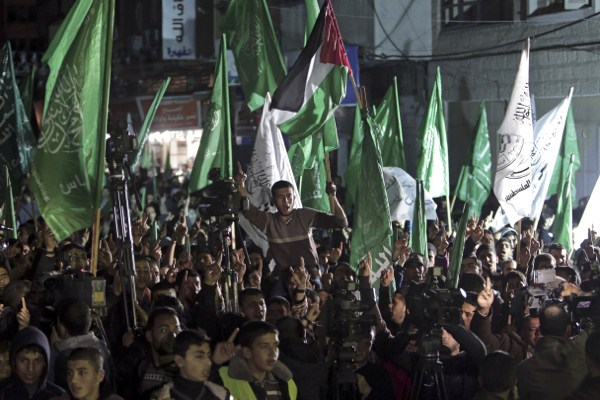The Wall Street Journal reported last week that Iran has transferred tens of millions of dollars to Hamas’ military wing over recent months in an effort to revive ties. In an email interview, Nathan Thrall, a senior analyst for the International Crisis Group, discussed Hamas’ internal divisions.
WPR: What are the key areas of dissension between Hamas’ Gaza-based leadership and its foreign-based leadership?
Nathan Thrall: Hamas’ primary challenge over the past several years has been navigating a rapidly changing regional landscape characterized by growing Sunni-Shiite sectarianism, as well as by intra-Sunni fighting. Hamas is a Sunni organization connected to the Muslim Brotherhood, but for many years it has enjoyed strong military and financial support from the central Shiite power in the region, Iran. Meanwhile, in the Yarmouk camp in Damascus, an organization closely allied with Hamas is fighting the Islamic State, while in Sinai an affiliate of the Islamic State is growing in power and may one day have considerable leverage over Hamas in Gaza.

